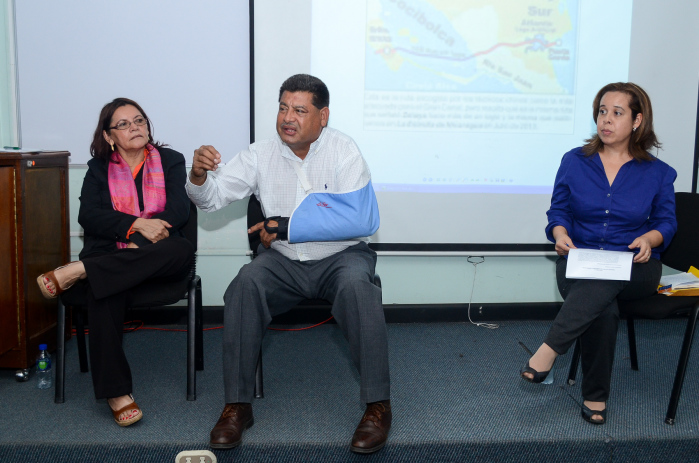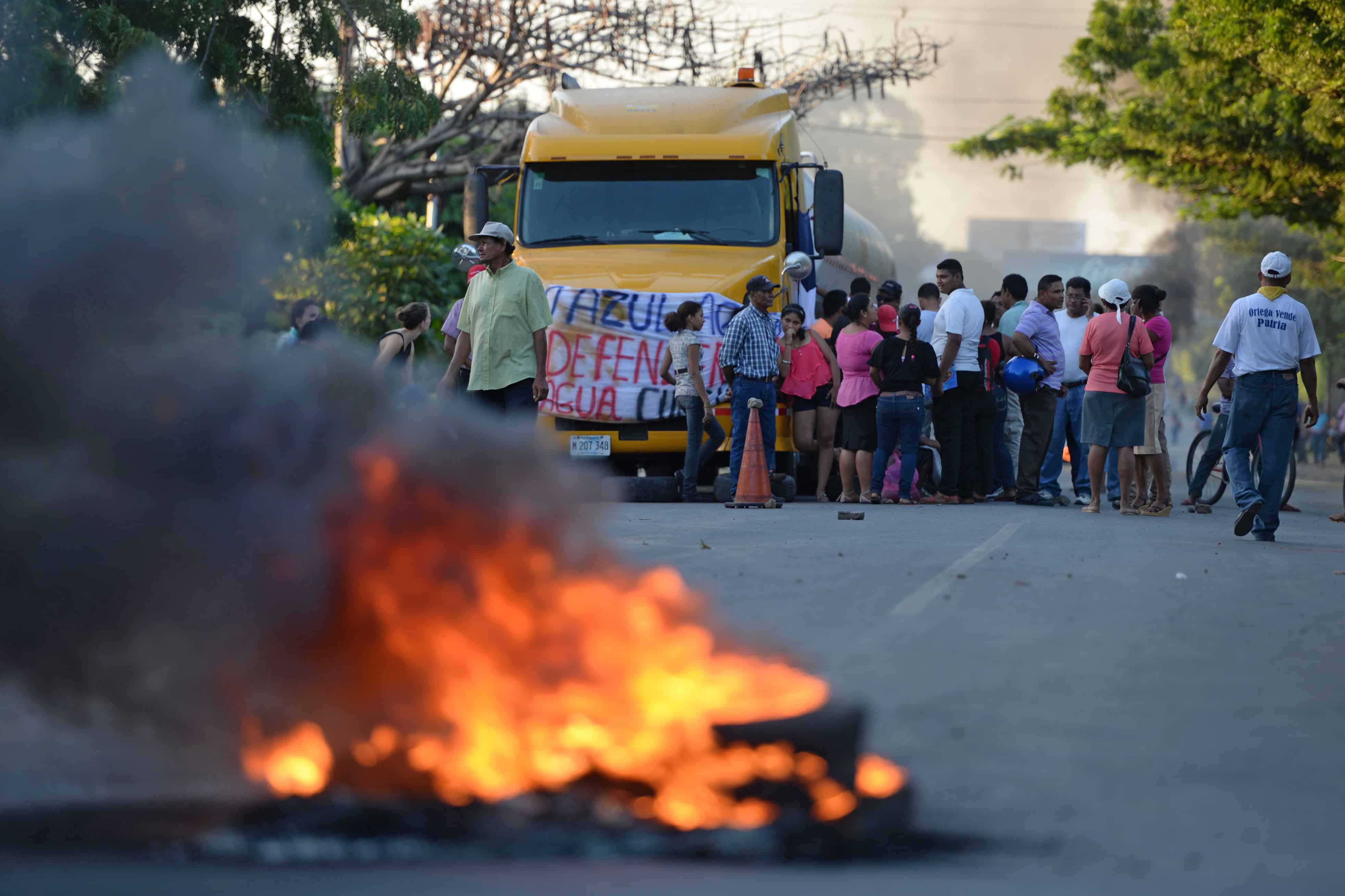Recommended: Will the Nicaragua Canal ruin the ‘Galapagos of Central America’?
A Nicaraguan delegation representing nearly 40 civil society organizations and political parties traveled to San José, Costa Rica, this week during the annual meeting of the Community of Latin American and Caribbean States (CELAC) to generate regional support against the construction of a massive interoceanic canal there.
The group of environmentalists and human rights organizers plan to present an open letter to the Costa Rican Foreign Ministry for CELAC leaders that decries a lack of transparency in the project and threats to indigenous land rights and Lake Nicaragua, also known as Lake Cocibolca.
“This should be a great concern not only for Nicaragua but for the whole Central American region,” Suyen Barahona, national director for the Sandinista Renovation Movement, told The Tico Times.
Luisa Molina, director of Coordinadora Civil, a human rights organization, said that Costa Ricans would also be affected by the environmental consequences of the Great Nicaragua Canal on Lake Cocibolca and the two countries’ shared watershed.
On a local level, Molina said the canal would displace tens of thousands of people either from their land or their traditional way of life, from indigenous landholders to artisanal fishermen.
“We want development for Nicaragua but we want the people’s voice to be heard because they were never heard, either in a referendum or a plebiscite,” Octavio Ortega, national coordinator for the Council for the Defense of the Land, Lake and Sovereignty of Nicaragua, told The Tico Times.

Ortega said they asked for a chance to dialogue with the government after the $50 billion project was rushed through the Nicaraguan legislature in a scant three days and without consulting the public.
“The people’s response is to demonstrate because they never gave the government a blank check so they could sell these properties. Every day the people’s frustration grows,” he said.
Ortega said that if the government will not meet with them to address their concerns about the canal project, which broke ground in December 2014, they would threaten a peaceful general strike.
Along with reaching out to CELAC leaders this week, the delegation is working to collect 1 million signatures from across Nicaragua to send to Pope Francis.
Ortega said that some efforts to collect signatures against the project have been hampered by hopes that the canal will bring the jobs that President Daniel Ortega has long promised.
Molina added that besides the environmental damage the dredging of Lake Nicaragua would cause, the project’s aims were unrealistic.
“The government media is saying that the canal is a panacea that’s going to raise us out of poverty [and] create jobs,” she said. “It’s creating an expectation that it’s never going to live up to.”
The delegation said they still supported many aspects of the canal project, including the construction of two large ports and an interoceanic railroad, but added that the freshwater of Lake Cocibolca was more important than any canal.
Said Molina: “There’s still time to save Lake Nicaragua.”

